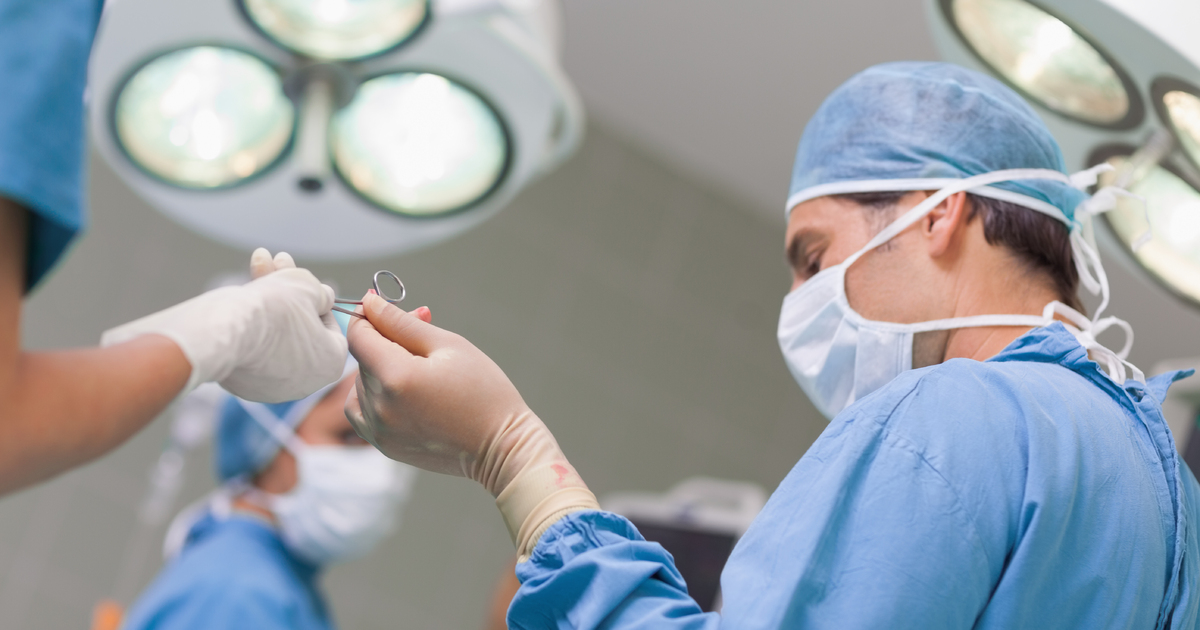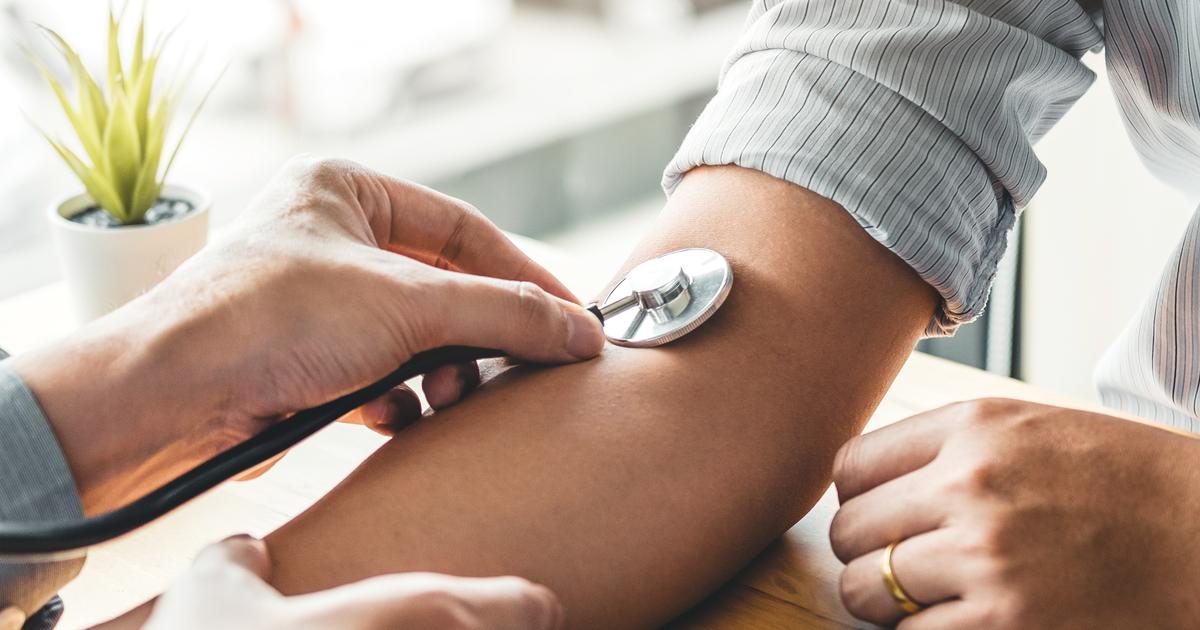What To Expect From A Pancreas Transplant
How The Procedure Works

During a pancreatic transplant, the patient will be put under general anesthesia. The surgeon makes an incision down the middle of the abdomen and then places the new donor pancreas and a trivial segment of the donor's small intestine into the recipient's abdominal cavity. The recipient's small intestine or bladder is attached to the segment of the donor's small intestine, and the vessels that supply the legs with blood are attached to the donor pancreas. The diseased pancreas is typically left in its place unless it has already been removed or contains a malignant lesion.
At this point, the surgeon connects blood vessels to the donor's kidney in recipients receiving a simultaneous kidney and pancreas transplant. The donor kidney ureter is then secured to the recipient's bladder, and the old kidney is left in place unless it contains a malignant lesion, causes infection, or produces high blood pressure. The pancreatic transplant usually has a length of between three and six hours. The results of a pancreatic transplant are immediate, and recovery from the procedure can take between one and two months.
Risks Of The Procedure

A pancreatic transplant is no exception to the standard of surgical procedure-related risks a patient should be aware of before undergoing this surgery. Uncommon but significant complications can occur with a pancreatic transplant, including the development of blood clots, excessive bleeding, development of infection, high blood glucose or other metabolic issues, frequent urinary tract infections, leakage of urine, failure of the donor pancreas, and rejection of the donor pancreas.
Some risks come along with the medications that must be taken for life following the transplant to prevent the recipient's body from rejecting the donor pancreas. Osteoporosis or bone thinning, frequent nausea, diarrhea, sensitivity to sunlight, frequent vomiting, high blood pressure, and high cholesterol are side effects that may occur with anti-rejection medications. More possible side effects include excessive loss of hair, swollen gums, puffiness, excessive growth of hair, frequent acne breakouts, and weight gain.
